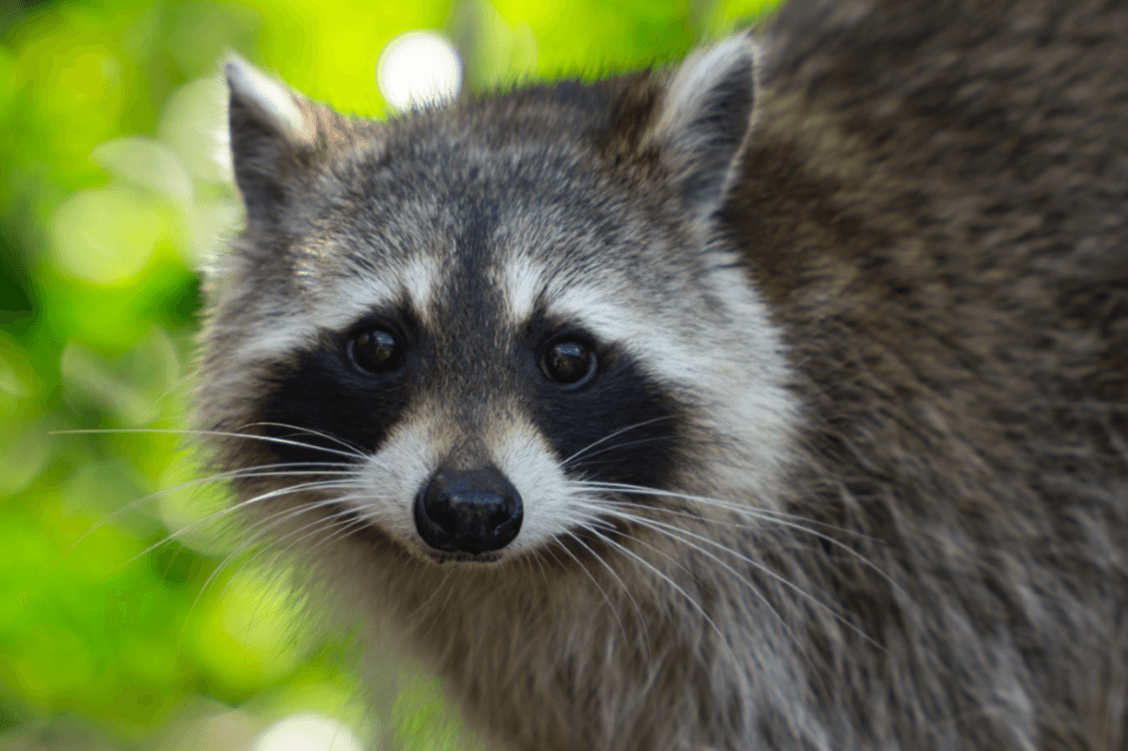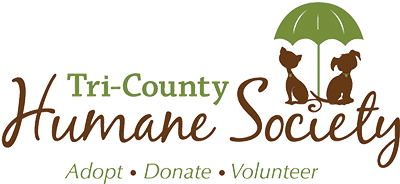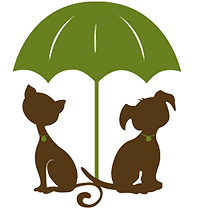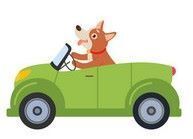
Before the snow falls, consider preparing your home against animals seeking food and shelter from the chilly days Minnesota is so well known for. Raccoons, squirrels and others may seek refuge in your chimney, attic, porch or deck.
By following the simple steps below you can keep unwelcome visitors in the treetops and out of your house.
First, take a walk around your property and try to figure out what could be attracting animals. Attempt to view your home from their perspective. Is there food for them nearby? Easy access to trash cans or bird feeders is a solid source of calories that animals will exploit. Are there alcoves high up where they could be nesting; or maybe cozy low spaces to build a den?
Remember that some animals are very small and don’t need hardly any space to fit into. Your drafty garage or broken porch step can be a highly desirable penthouse for them and all their children, who coincidentally think your wiring tastes great!
Secondly, check the foundation for openings and signs of animal activity where pipes, vents and cables exit the house. Look for droppings, signs of chewing and nesting material. Take the time to clear them out to further deter unwanted critters. Then continue to look where different types of building materials come together. Window wells, dryer vents, thresholds, and gaps in brick or siding can all provide possible entryways. Inspect your attics with a flashlight for any signs of animals. Pay special attention to the intersection of roof and trim and any gable or exhaust vents. These are often covered with light bug screens that will not stand up against squirrels and raccoons. It is recommended to keep a list or take photos of any problem areas so that you can assess properly later. Be thorough; a bit of wildlife prevention in warmer weather will be greatly appreciated in the cold!
Now that you've discovered possible breaches, you can take action. Holes smaller than a few inches can be caulked, stuffed with copper mesh or filled with expandable foam. Larger openings should be repaired to original condition. Please be entirely sure there are no animals inside the house before repairing. Consider putting a bungee cord over your trash can lids and a squirrel baffle on your feeders. Replace the bug screen-like attic vent with mesh. Cap your chimney to keep out birds and raccoons. Putting a latch on your compost bin will keep animals from treating your home like their personal B&B. An L-shaped barrier into the ground around your decks and sheds prevents denning and digging underneath. Add vent covers on pipes leaving the house. You can keep birds away from your windows with 3-inch hologram tape streamers that reflect light. Covering your gutters is also a good strategy to lessen perching areas. You may want to talk to a pest control professional or contractor for more major repairs or issues. Openings into your house are not only attractive to animals, but they also allow heat to escape and damaging moisture to enter. This can cause an increase in heating bills. Being thorough in your inspection and repair can keep critters out, and your pockets full during this holiday season.
Here’s wishing you a wildlife-free home this year!
Cassidy Morris is a TCHS customer service/animal care associate who works with Central Minnesota Wildlife Rehabilitation.
Details
For further information, check out wildneighbors.org; or the Humane Wildlife Conflict Resolution Guide from The Humane Society of the United States.
Locally
Find out more about Central Minnesota Wildlife Rehabilitation by visiting its website at centralmnwildlife.org, or by following the organization on Facebook. Remember, TCHS is NOT licensed to take in wildlife; we often refer people with wildlife concerns to this group.









